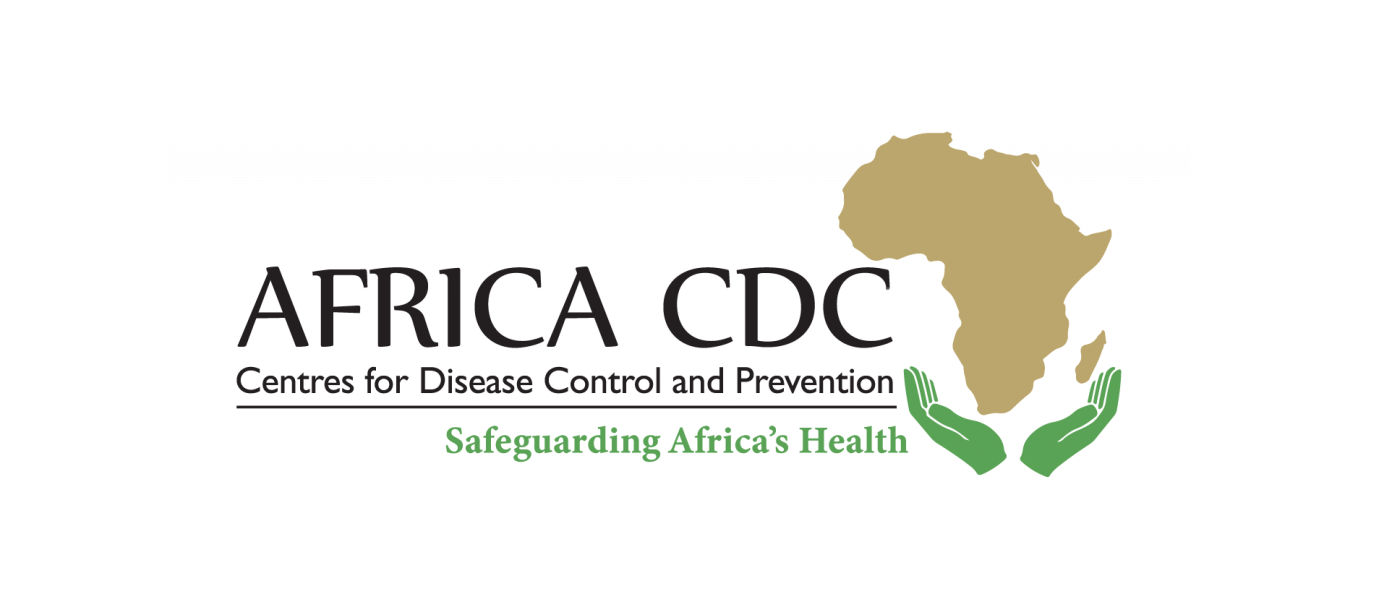The Africa Centres for Disease Control and Prevention (Africa CDC), in a new report, has said antimicrobial resistance is a greater threat than HIV/AIDS, tuberculosis (TB), and malaria in Africa accounts for 27.3 deaths per 100,000 —exceeding the combined death toll from these diseases.
According to the report, launched at Africa CDC headquarters, Africa bears a significant burden of infectious diseases, accounting for approximately 95% of malaria deaths, 70% of people living with HIV, and 25% of TB deaths globally.
The African Union Landmark Report stated that the likelihood of falling ill or dying from diseases that resist treatment has escalated in Africa, with children and other vulnerable groups being most at risk.
While an estimated 700,000 people die annually from drug-resistant infections globally, the report said that without timely intervention, this number is projected to reach 10 million by 2050, with Africa accounting for 4.5 million.
Africa CDC Deputy Director General, Dr Raji Tajudeen, in a reaction at the launch of a report on AMR, declared that African countries must not ignore this silent threat that disproportionately impacts the most vulnerable people in the continent.
He added, “Fighting disease requires resources, and working with member states and our partners, we need to do all we can to save lives.”
Dr Tajudeen said addressing AMR in Africa requires engaging all levels of society in a comprehensive and multi-sectoral approach.
“Unless we work together, overcoming antimicrobial resistance will be a difficult and long-drawn process that will cost lives,” he said.
ALSO READ: Gunmen kidnap eight, injure 12 during traditional ceremony in Anambra
He underscored the importance of prioritising infection prevention, strengthening health and food systems, developing human resources, ensuring sustainable access to diagnostics and therapeutics, and investing in laboratory infrastructure for effective surveillance and data generation.
Dr Huyam Salih, the director of the African Union-Inter African Bureau for Animal Resources (AU-IBAR), emphasised the critical role that the AU must play in combating AMR.
According to her, by 2050, global healthcare costs could exceed USD 1 trillion per year, and livestock production could decline by 2.6% to 7.5% annually due to AMR.
“Antimicrobial resistance is not just a health issue—it is a threat to our agricultural systems, food safety, food security, livelihoods, and economies.
“In Africa, the situation is particularly alarming, with 37 countries reporting the prevalence of AMR in animal farms, yet only 16% of African countries are conducting routine AMR surveillance in animals as of 2023,” she said.
Dr Salih also called for urgent action to strengthen leadership, expand surveillance and data systems, promote the responsible use of antimicrobials, improve public and animal health systems, and secure sustainable financing to combat AMR effectively.
According to the report, while an estimated USD 2–6 billion is required annually for an effective AMR response throughout Africa, only a tenth of this amount is being allocated. As a result, AMR continues to be a major obstacle to achieving Agenda 2063 of the African Union and sustainable development goals.
At the African Union Landmark Report launch, discussions on a roadmap and targets to advance Africa’s battle against AMR were initiated, and its outcomes are expected to inform the upcoming United Nations General Assembly High-Level Meeting in September—a crucial platform for global action on this escalating crisis.
Currently, millions in Africa lack access to essential antibiotics, with a study by Africa CDC and the African Society for Laboratory Medicine revealing that only 1.3% of microbiology laboratories in 14 member states can test for key AMR pathogens.
The head of the African Society for Laboratory Medicine, Mr. Nqobile Ndlovu, reaffirmed the organisation’s commitment to strengthening African laboratory capacities to combat antibiotic resistance.
“Our goal is to ensure the continued efficacy of treatments and promote data-driven solutions to safeguard public health across the continent,” he said.
The report recommends an increase in the availability of high-quality diagnostics, vaccines, and antimicrobials for high-priority pathogens in high-risk African countries.
WATCH TOP VIDEOS FROM NIGERIAN TRIBUNE TV
- Let’s Talk About SELF-AWARENESS
- Is Your Confidence Mistaken for Pride? Let’s talk about it
- Is Etiquette About Perfection…Or Just Not Being Rude?
- Top Psychologist Reveal 3 Signs You’re Struggling With Imposter Syndrome
- Do You Pick Up Work-Related Calls at Midnight or Never? Let’s Talk About Boundaries







